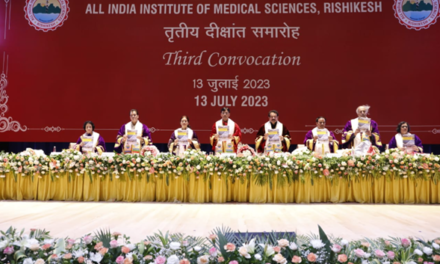Stockholm University Study Links Lack of Sleep to Subjective Aging, Published in Prestigious Scientific Journal
Ever felt like you were aging faster than you should? It turns out, your sleep habits might have more to do with it than you think. A groundbreaking study conducted by researchers at Stockholm University has shed light on the intricate relationship between sleep and how old we feel, suggesting that insufficient sleep could add years to our perceived age.
Published in the esteemed scientific journal Proceedings of the Royal Society B, the study delves into the connection between sleep patterns and subjective aging. Led by researcher Leonie Balter from the Department of Psychology at Stockholm University, the study offers compelling insights into the impact of sleep on our perception of age and overall well-being.
“Given that sleep is essential for brain function and overall well-being, we decided to test whether sleep holds any secrets to preserving a youthful sense of age,” explains Balter, highlighting the rationale behind the research.
The study comprised two distinct phases to comprehensively examine the relationship between sleep and subjective age. In the first phase, 429 individuals spanning ages 18 to 70 were surveyed about their perceived age, sleep habits, and levels of sleepiness. The results revealed a startling correlation: for every night of insufficient sleep in the past month, participants felt, on average, 0.23 years older.
Building upon these findings, the researchers conducted an experimental sleep restriction study involving 186 participants aged 18 to 46 in the second phase. Participants underwent two cycles: one involving sleep restriction, with only four hours of sleep allowed per night for two nights, and another with sufficient sleep, providing nine hours of sleep per night for two nights.
The results were telling: after sleep restriction, participants reported feeling an average of 4.4 years older compared to when they enjoyed sufficient sleep. Moreover, the study found a direct correlation between sleepiness levels and subjective age. Feeling extremely alert corresponded to feeling four years younger than one’s actual age, while extreme sleepiness correlated with feeling six years older than one’s actual age.
“These findings suggest that transitioning from feeling alert to sleepy can add a striking 10 years to how old one feels,” remarks Balter, emphasizing the profound impact of sleep on subjective aging.
The implications of this research extend far beyond the realms of academia, with profound implications for daily life. Balter underscores the importance of prioritizing sleep to maintain a youthful feeling, noting its potential to promote an active lifestyle and encourage behaviors conducive to overall health.
As the study sheds light on the critical role of sleep in subjective aging, it underscores the importance of adequate rest in preserving not just physical health, but also psychological well-being. With further research and awareness, individuals can harness the power of sleep to not only feel younger but also live healthier, more fulfilling lives.












